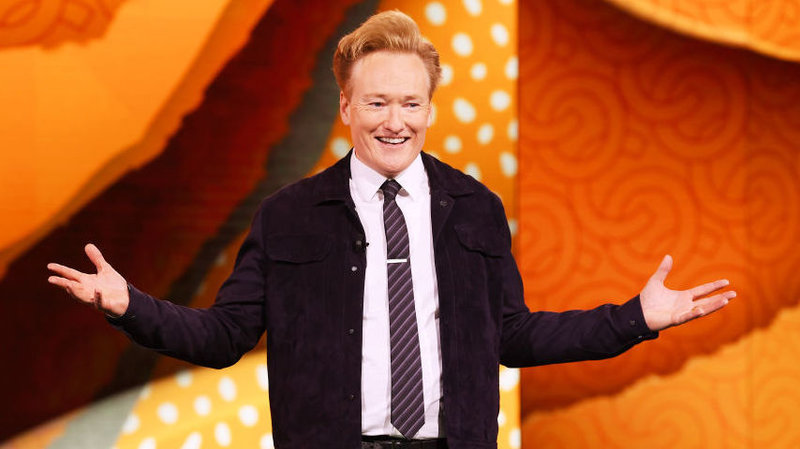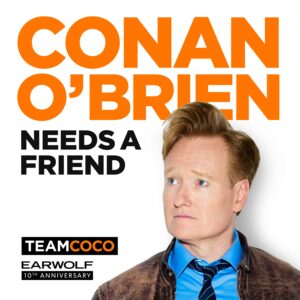By Madeline Tredway ’24
I don’t think there’s anything I could say about the 2020 pandemic that hasn’t been done to death. Loneliness, existential doom, constant fear, Animal Crossing — it’s all been reiterated over and over in so many different ways, to the point where it doesn’t really mean much anymore. However, when you look closer at what is being said, it seems like all the poetry, the articles, and Instagram stories practice what is becoming so common among people: stating what they’re feeling in a clinical manner, but refusing to be truly honest in fear of other people’s reactions. “I’m feeling sad and lonely today, but I’ll just post a picture of my friends and I hanging out from three months ago so I don’t seem too sad and lonely.” “Fear is hard to manage in these times, but let me make a joke so I don’t look like I’m really upset about the situation.”

All of these are completely understandable reactions to the different things we’re all suffering from right now, but as a person who leans into hardship for better or for worse, it’s isolating to feel like you’re going through such awful things alone and to know that the problem might be alleviated if we all weren’t so scared of intimacy. So who do I, a female college student, look to for this gritty, heartbreakingly real depiction of reality I so desire? None other than Conan O’ Brien.
O’Brien’s podcast “Conan O’ Brien Needs a Friend” started in late 2018 and was met by praise from critics and listeners alike. O’Brien, who is the longest-running current talk show host with 26 years under his belt, is truly one of a kind—he’s generally adored by his cult following, and has a strange sense of humor that comes off as refreshingly different from a lot of talk show hosts. So to hear that Conan O’ Brien was starting a podcast was great news for many, especially since he was allowed to choose his own guests, read his own ads instead of going to a commercial break, and potentially cut through the Hollywoodisms that plague talk shows. Its success seemed inevitable.
Now that the podcast has been active for a few years, it is safe to say it lived up to its prospects. Its gimmick is that Conan’s only friends are his staffers, therefore he is in desperate need of new friends, hence the “needs a friend” part of the title. It’s simple enough to work with the freeform discussions on the show and also meshes well with his self deprecating humor. In fact, his style of comedy works well with the somewhat straightforward structure of the podcast — each episode begins with a little bit of banter with his assistant Sona Movsesian (media personality from O’Brien’s television show) and producer Matt Gourley (a podcast legend in many circles), then the actual interview, and finishes with closing banter with Movsesian and Gourley. Sprinkle a few ads in between, and that’s the entirety of the podcast. But O’Brien’s humor is intelligent and weird, at times even being nonsensical, so the podcast is never boring. Even with guests that aren’t known for comedic prowess, notably J.J. Abrams and Michelle Obama, O’Brien coaxes the humor out of discussions of movie-making and politics. With a perfect host & structure, along with producer Gourley who edits masterfully to make cuts seem unawkward, this podcast is genuinely well-made.
Although “Conan O’Brien Needs a Friend” is wonderfully funny, this alone is not what makes it unique. Other podcasts like “My Brother, My Brother, and Me” and “Comedy Bang! Bang!” are among my favorites that make me laugh just as much as O’Brien does, but I keep coming back to “Conan O’Brien” for re-listens more than I do the others. So what is it about the podcast that makes it so special? The short answer is truth.
On Nikki Glaser’s episode, Glaser speaks openly and honestly about her eating disorder and how it affected her self-image throughout high school and college, and still affects her eating habits today. She remarks that she thinks her disorder was her way of wanting to die, and although she isn’t tearing up when saying this, it’s understood that this was a pivotal point in the comedian’s life. It’s a very tense moment, and for the listener, the obvious context of this being a comedy show is more apparent than ever. A lot of podcast hosts express their want for the guests on their podcasts to feel comfortable talking about “anything and everything,” but I’ve noticed that in a lot of these podcasts, as soon as that “anything and everything” comes to something serious, the hosts don’t know how to handle it. They either make a joke and move on, or stay so silent that the guest doesn’t feel comfortable talking about it anymore. It’s immediately obvious that the promise at the beginning of the show isn’t able to be fulfilled, because for a lot of people, that kind of confidentiality about somber topics is uncomfortable. But with O’Brien, he asks questions about her experience and comments on it truthfully, telling her he hates hearing about her being in that kind of pain, not shying away from the emotional implication his honesty carries.
I mentioned earlier that O’Brien’s humor is refreshing, and since listening to the podcast, I’ve learned his honesty is also refreshing, especially recently. The pandemic has really amplified the tendency of people to hide from veracity when it relates to suffering. It’s too much for a lot of people to be honest about mental health during the pandemic (and honesty does not mean making a joke about your loneliness that’s veiled under five layers of irony). Yes, comedy is healing, but people like O’Brien understand that it is not simply a shield. Talking to people and sharing experiences is one of the only means of connection we have right now, and I’m afraid that connection is becoming severed as people use humor to fortify their own walls. It is absolutely true, however, that comedy and candidness are not completely separate, but burying serious things under humor is not combining the two. It’s only isolating humor and causing others to feel as if confidentiality is not welcome.
For instance, after Glaser confides in Conan about her eating disorder, Conan makes a comment about how a lot of comedians weren’t the class clowns in high school, and instead the kids people remember as being incredibly serious. He quips that the class clowns often died in motel shootouts. This joke is funny, but saying this doesn’t detract from Glaser’s intimacy, and doesn’t serve just to move past it. He acknowledges Glaser’s suffering and by making this joke, he’s not making light of it—he’s trying to alleviate just a little bit of sorrow. This is truly combining comedy and candidness.
At the beginning of one of the podcast episodes, O’Brien talks briefly about the pandemic. He speaks of his sadness at seeing young people accepting that this is their new reality, and says that he’s confident that science will come in to save the day; we will live to see another unexpected pandemic to seize upon us! That made me laugh, but it also assuaged so much of the stress and fear I had been feeling at the time. It’s the most honest and human response to the pandemic I’ve heard from a comedian, and it’s moments like those that make me realize why I listen to this podcast over and over again: O’Brien truly understands the adjacent relationship between comedy and tragedy.

